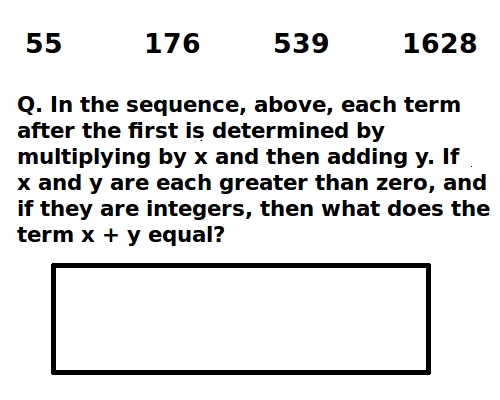Since the beginning of 2018, the College Board has had its challenges.
In June, the University of Chicago joined the ranks of becoming standardized test agnostic, throwing both the SAT and ACT out of its admissions process. In addition, the number of colleges using the SAT Subject tests in admissions is down to a handful. Only Cornell and Harvard, among the Ivies, still require them. Meanwhile, the essay portion of the SAT is now not being used by Harvard, Yale or Princeton in their admissions process.
To compound the pain, are the surprisingly low scores on the June 2nd SAT Mathematics Test. When a number of students took the test they noted that the mathematics section seemed ‘unusually easy.’ It was. The problem for the test takers was that when the test is so easy the College Board remedies the problem by scoring on the curve.
One irate parent commented in the rescore June SAT Twitter feed, “One daughter scored 760 getting only 5 wrong in math in March. Her twin missed 6 in math on June 2nd and got a 670? 90 point difference in overall SAT scores for just ONE math question? How is that fair or standardized? So many kids hurt.”
Another student noted, “My first SAT I miss 26 questions and score a 1400. My second SAT I miss 16 questions and score 1350?!”
A full explanation behind this conundrum can be found on the test preparation company Applerouth’s website where they examine the June 2nd results in immaculate detail, https://www.applerouth.com/blog/2018/07/12/june-sat-scores-much-lower-than-expected/.
College Board’s response to many of the complaining June 2nd test takers: “We understand your questions about your June SAT scores. We want to assure you that your scores are accurate. While we plan for consistency across administrations, on occasion there are some tests that can be easier or more difficult than usual. That is why we use a statistical process called ‘equating.’ Equating makes sure that a score for a test taken on one date is equivalent to a score from another date. So. For example, a single incorrect answer on one administration could equal two or three incorrect answers on a more difficult version. The equating process ensures fairness for all.”
If you find that response less than fair, then you might turn to ‘Fair Test,’ which is the National Center for Fair & Open Testing. On its site are over 300 top tier schools that have ‘deemphasized the ACT/SAT in admissions decisions.’ Some have done away with using standardized tests altogether: Bowdoin College, Wesleyan University, Pitzer College, the University of Chicago, and Wake Forest University. Others are ‘test flexible,’ which means that the schools will take alternative tests (such as AP, Subject Tests, IB) for applicant review. They include Middlebury College, Hamilton College, Colorado College, NYU, and University of Rochester.
There are an ever growing number of alternatives in the postsecondary world. This is probably a good thing.

